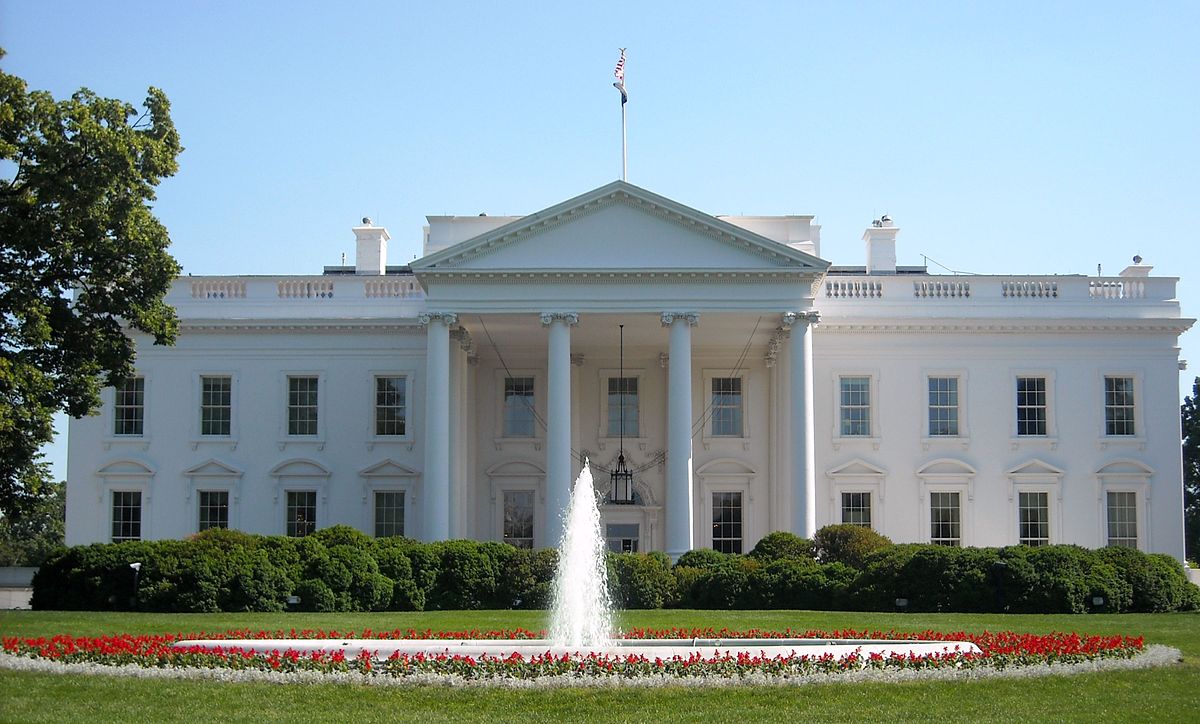The Investing in America Agenda Will Fund Loans for Energy Efficiency Projects in Puerto Rico, the U.S. Virgin Islands and 15 States to Lower Costs and Boost Resilience for Homeowners, Small Businesses and Public Buildings.
WASHINGTON, DC – As part of the Biden-Harris Administration’s Investing in America agenda, the U.S. Department of Energy (DOE) announced 17 states and territories to receive awards totaling $66 million from the Energy Efficiency Revolving Loan Fund (RLF) Capitalization Grant Program. The program, supported by the Bipartisan Infrastructure Law, provides funding to states and territories to establish or increase revolving funds enabling them to issue loans and grants for energy efficiency audits, upgrades, and retrofits to increase energy efficiency and improve the comfort of buildings. The RLF program will help these states and territories to make capital available to fund energy efficiency projects in public buildings and will encourage financial institutions to enable American families and small businesses to save money and reduce their energy costs. The Revolving Loan Fund program will help communities benefit from the clean energy economy, improve the comfort of homes and buildings, and support President Biden’s climate goals of reducing emission by 50 to 52 percent by 2030 and achieving a net-zero economy by 2050.
“Increased opportunities for low-cost financing will help states and territories expand access to the money- saving clean energy tools that will benefit the residential, commercial and public sectors,” said U.S. Secretary of Energy Jennifer M. Granholm. “We are excited to see states and territories take advantage of targeted and impactful financing options to transform their communities.”
Energy efficiency financing is a proven approach to accelerate the adoption of clean energy, according to a study produced by Lawrence Berkeley National Laboratory, the State and Local Energy Efficiency Action Network, and DOE. Based on performance data from past successful energy financing programs, each dollar that the federal government invests in a state or local revolving loan fund can attract upwards of $20 in private capital. This means that each federal dollar used to establish a revolving loan fund at the state or local level has the potential to jump-start local economies while helping combat climate change.
This is the third round of awards from the Revolving Loan Fund Capitalization Grant Program. DOE expects to announce additional awards later this year. In total, the RLF Program will provide $242 million to awardees to capitalize energy efficiency revolving loan funds, with 40% of the funds allocated to all states, territories, and the District of Columbia, and 60% of the funds reserved for priority states as defined in the Bipartisan Infrastructure Law. Find more information about RLF award recipients is available on the RLF awards webpage.

Successful programs will leverage private capital across commercial and residential sectors, accelerate and maximize energy savings, and create good-paying jobs. These investments also advance the President’s Justice40 Initiative, which sets a goal that 40% of the overall benefits of certain federal climate, clean energy, affordable and sustainable housing, and other investments flow to disadvantaged communities that are marginalized by underinvestment and overburdened by pollution.
Grantees include:
- Arizona will use the funds to provide grants and loans to fund energy efficiency projects, including audits and retrofits in the commercial sector, with a commitment to maximizing benefits to low-income and disadvantaged communities (Award amount: $1,690,280).
- Georgia will establish a new revolving loan fund for the residential sector, with a primary focus on providing benefits to low-income residents (Award amount: $2,453,810).
- Iowa will create a new revolving loan fund for commercial and residential entities. The program will target multi-family housing throughout Iowa and assist in upgrading from inefficient baseboard heating to more energy-efficient ductless mini-split systems (Award amount: $7,068,920).
- Puerto Rico will use the funds to implement a loan loss reserve fund to stimulate lending for energy efficiency, solar, and battery storage for the residential sector. The reserve fund will expand access to green financing opportunities for low and moderate-income communities and ensure that cost savings and reliability benefits are realized by a broader segment of the Puerto Rican population (Award amount: $1,070,490).
- Texas will establish a new revolving loan fund that operationally matches their existing Texas LoanSTAR revolving loan program. Texas will also provide a grant opportunity to provide free ASHRAE Level II energy audit services to Community Centers (Award amount: $22,365,890).
- U.S. Virgin Islands will implement a loan loss reserve fund and interest rate buydowns to enable lenders to offer lower interest rate loans for residential and commercial renewable energy and energy efficiency projects in the territory. They will also create a grant program to support residential and commercial energy audits to help address key energy challenges in the territory such as high energy costs and vulnerability to natural disasters by identifying energy efficiency opportunities and implementing measures to reduce energy consumption and costs (Award amount: $576,170).
Other awards include:
- Colorado ($1,631,220)
- Delaware ($746,400)
- Kansas ($6,706,230)
- Maine ($863,110)
- Massachusetts ($1,894,760)
- Minnesota ($1,884,300).
- Nevada ($1,043,290)
- New Jersey ($2,383,510)
- New Mexico ($5,692,530)
- Oklahoma ($7,592,300)
- Rhode Island ($762,790)
The RLF Program offers technical assistance to support recipients in navigating federal requirements, optimally leveraging private capital, and achieving state priorities. RLF technical assistance offerings include the RLF Resource Library which is continually updated to provide foundational information to learn about, design, and manage an RLF program, as well as case studies and sample documentation with real-world examples and tools.
To learn more about the Energy Efficiency Revolving Loan Fund Capitalization Grant Program, visit: Energy Efficiency Revolving Loan Fund Capitalization Grant Program | Department of Energy.


Join the conversation!